A little over a hundred years ago, most Americans were still fairly independent. They grew their own food, or traded for it.
They didn’t depend on grocery stores to provide food or electricity to preserve their foods and take care of their families. Even if they did buy food, they did it because they chose to, not because they didn’t know any other way.
Much of their way of life got lost through the centuries. We rely too much on bought food, which makes us weak and less healthy. But you can make your way out of it, by going back to healthy, natural food just like we used to get in the old days!
Returning to the ways of our forefathers makes sense for several different reasons. Let’s talk about them!
Saving Money
Groceries are expensive. If you’re single, you probably spend at least $50 a week on food, and that’s assuming you’re eating on the cheap. If you’re buying organic, it’s much more than that. Add in a family, and your costs will double, triple, or even quadruple. That’s a LOT of cash that you don’t have to spend.
Even if you grow a few vegetables and herbs, you’re going to save money because that’s where most of your grocery cash likely goes. Fresh produce is crazy expensive; I just paid $1 per sweet pepper and $2.99/pound for tomatoes that didn’t have any flavor.
Thankfully, I’ve started my garden and paid $5 to start 42 beefsteak tomato plants. The first three tomatoes will pay for the entire batch. Now, admittedly, I don’t have room for all of those plants, but I do have room in my pocket for the cash that I’ll make selling 30 or so of them. And I’ll still have plenty of tomatoes to eat and to can.
At the end of the season, I’ll can juice, spaghetti sauce, salsa, and whatever other tomato-based product that I would usually buy at the store.
So, let’s add this up. I paid $5 for as many fresh tomatoes I can eat and enough spaghetti sauce, tomato juice and whatever else I want to can. Since I’m selling most of the plants, I’m actually getting paid to have all of the tomato products that I’ll need for at least a year. That’s even better than the coupon deals that I find!
Oh, and I’ll also have peppers and herbs to add to that, so I won’t have to buy anything for any of the sauces, either. I’ve probably saved $300 on my grocery tab just from the fresh tomatoes and tomato products that I’ll can, plus I’ll make another $150 or so from selling the extra plants. That’s $400 in my pocket, just from the tomatoes that I’ll be growing on my patio.
Flavor
Mealy, tasteless grocery store tomatoes were what finally pushed me to start growing my own veggies again. I was raised in West Virginia and until I moved away at the age of 29, I typically ate fresh garden tomatoes, at least through the summer. I can tell you – once you eat a home-grown tomato picked at the peak of ripeness, you’ll never want to eat another store-bought tomato again.
The same goes for home-canned spaghetti sauce. I have canned tomato products, fruit jellies, vegetable soup, and peppers, plus I have several containers of freshly dried herbs.
Speaking of herbs, they lose their flavor over time. You may have noticed that some herbs taste stronger than others when you buy them, even if they’re the same thing. That could quite likely be because the herbs have been sitting in storage somewhere or a year or so. I know exactly when mine were grown!
I don’t just can plain fruits and veggies, either. I can soups, sauces, pie fillings, and other prepared goods. When I serve up my vegetable soup, I always get compliments about how fresh it tastes. When I say it’s been canned for a few months, everybody is always amazed. That makes me smile!
No Chemicals
This is a huge thing. I didn’t really think much about this until I started getting serious about what I was putting in my body. A tomato is a tomato, right? Well, no. Emphatically NO. Commercial growers have one thing in mind – profit. That means that they need to grow as much produce as they can using minimal space. If a plant dies or a veggie rots because of bugs or mold, they lose money.
To battle that kind of loss, they use pesticides and herbicides to minimize the risk of losing any product. Most of those products have been linked to serious health problems in humans. You can buy organic, but the produce is a lot more expensive and you still have the problem of flavor.
You’ll be paying good money for an inferior product when you can grow at least a couple of plants yourself. A good beefsteak plant will yield as many 40 1-2-pound tomatoes over the season, so it’s well worth your time and the little bit of space it will take up. A single pepper plant will yield anywhere from 20 to 40 peppers. At $1 per pepper, that’s nothing to sneeze about.
When speaking about ready-to-eat foods, I’d be remiss if I didn’t tell you to check the ingredients. You likely won’t be able to even pronounce many of those ingredients, but you can bet that they’re not natural. Artificial flavor, colors, and preservatives have almost certainly been added to processed foods, and many of them have been linked to horrible sicknesses.
All of my sauces, soups, deserts, fruits, and veggies have natural ingredients – you’ll be able to pronounce every word on my label!
So far, we’ve got delicious, chemical-free produce that we can literally get paid to grow. If this isn’t sounding like a good idea to you, then I’m not sure what would. I have one more point to help convince you if necessary.
Independence
This is worth its weight in gold. You won’t have to spend your money at the grocery store and you won’t have to depend on the store and commercial growers to provide you with food.
That’s a HUGE deal!
Get all you can eat food without buying from the supermarket!
I’ve been through more blizzards than I can count, as well as three major hurricanes. In all of those situations, I didn’t have access to a grocery store for up to two weeks at a time. Through all but a couple of the hurricanes, I had home-grown and canned food to fall back on.
While everybody else was cracking open canned spaghetti rings, I was making fresh spaghetti. During the hurricanes, I had to do it over an open fire, but I did it. And I also had canned fruit.
Of course, you can buy generic canned fruit at the store, but you’ll pay a couple of bucks a can, and it won’t be seasoned and spiced (or even have that fresh taste) that home-canned fruit will. Oh, and mine had zero chemicals or additives.
To drive the importance of food independence home just a little better, let me tell you about my grandparents. They were kids during the Great Depression, and they both lived on a farm. Before the depression, they were considered poor kids. During the Depression, they were sharing their lunches with the kids who had been well-off or rich before the Depression.
Unlike the “rich” kids, my grandparents lived in homes that were independent. They grew and canned their own food, so their lives weren’t particularly changed because of finances or food costs. We live in uncertain times. There’s nothing to say that a time could come when we will need to know how to feed ourselves without depending on a grocery store.
A plant takes anywhere from sixty to ninety days to bear fruit from seeds. I don’t know about you, but if something were to happen today, I wouldn’t have to wait that long to eat. I’ve got my plants growing. I have food canned. I’ll be set. I won’t be eating as well as I would have when I was a kid because I don’t have that much grown yet, but I won’t starve, either.
That brings me to another suggestion, and another benefit of growing your own foods. I have plenty of seeds to start my garden again next year. I had to buy some to get started, but after the first year, you won’t have to buy seeds again. That means that if you already have plants going when things go south, you’ll be set indefinitely as long as you save your seeds.
There’s no reason why you can’t grow at least part of your food. There are plants meant to be grown in small spaces. They’re more compact and hardier than standard plants.
So without that excuse, what are you waiting for? Get those seeds in the dirt, then get those plants in the ground and wait impatiently for your first round of food that you grew all on your own!
Preserving the Old Ways
It’s generally true that if we forget history, we’re bound to repeat it. In this case, that’s not the case. Once the knowledge is gone, it’s gone. If you don’t know how to grow your own foods and suddenly find that you need the knowledge, it’s not going to be there for you.
All of the discoveries and progress that our forefathers worked so hard for will be lost and we’ll have to start anew. How popular are they going to be in a scenario where grocery stores no longer exist? Really popular.
Fortunately, there are still many people who have the knowledge, and the book I wrote is all you need for going back to eating the way that our ancestors did! And I’m sharing it with you so you could kick unhealthy, expensive, store-bought food out of your kitchen and get back to healthy food for life!
This article has been written by Theresa Crouse for Survivopedia.


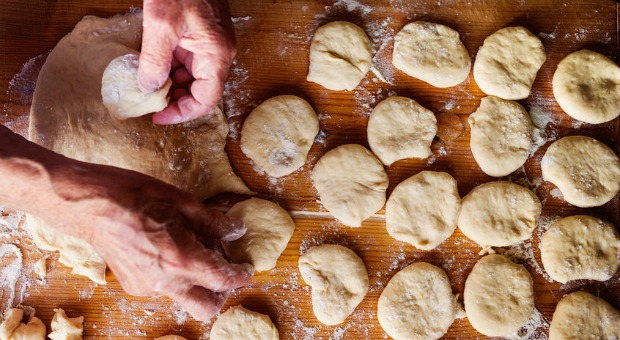
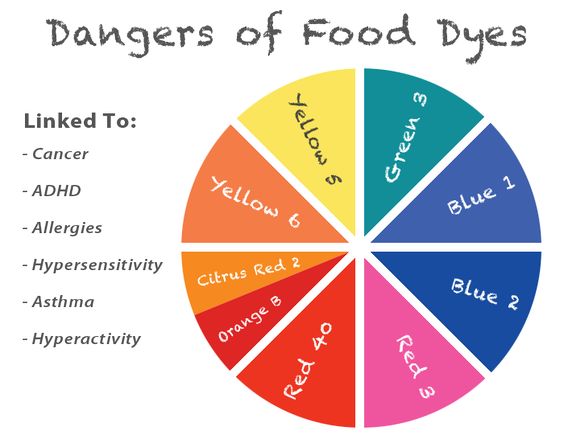
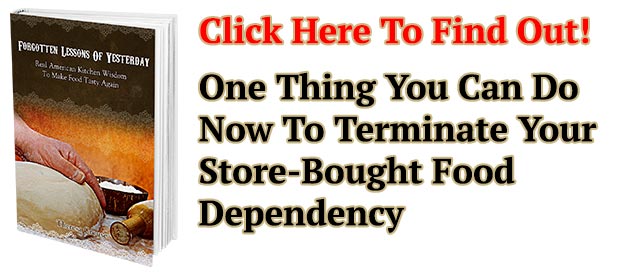
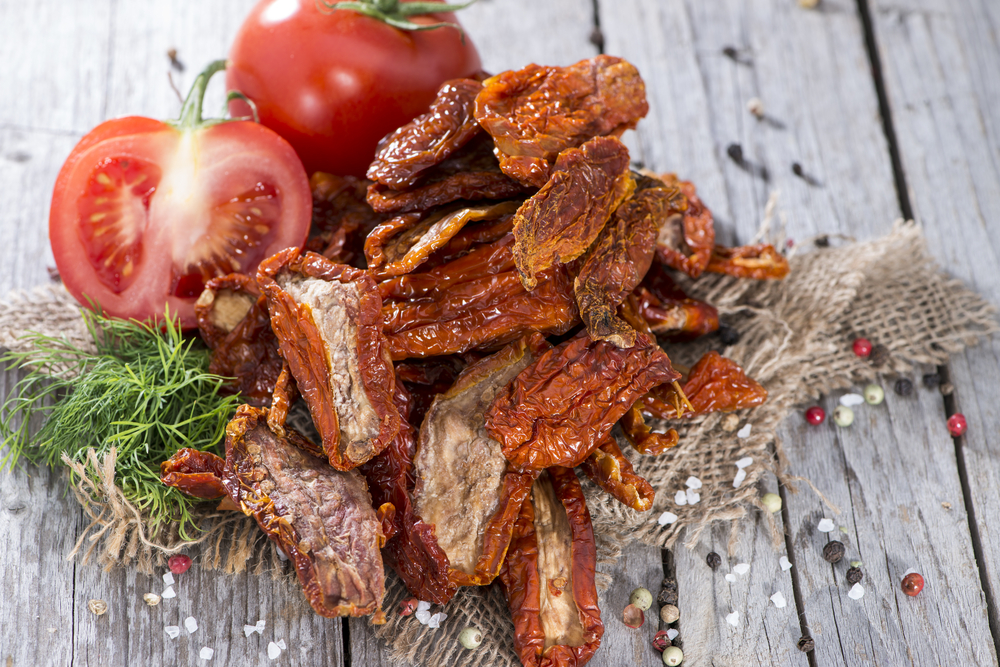
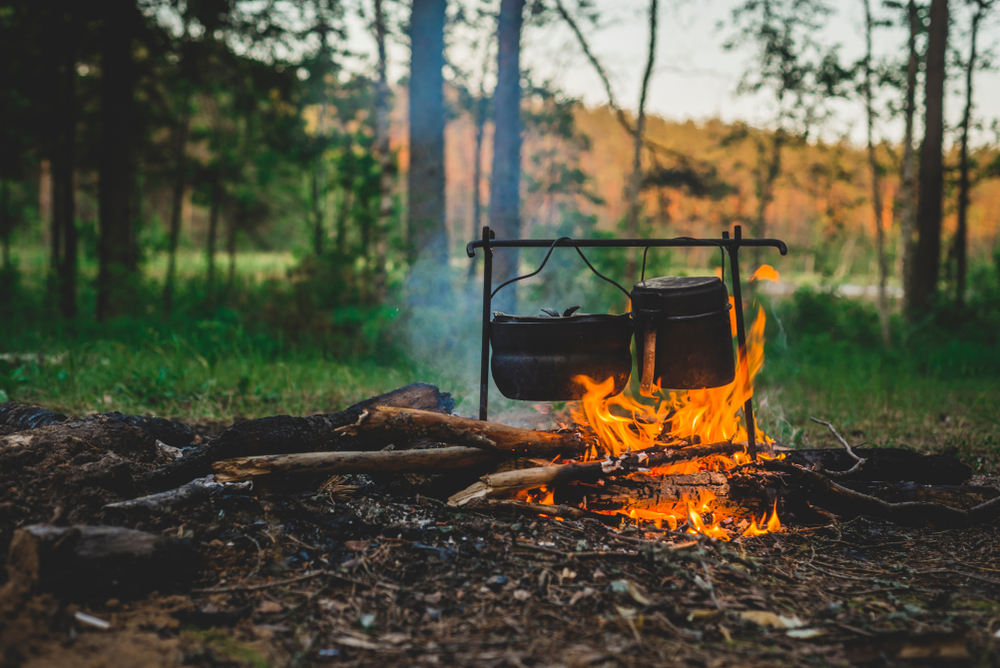
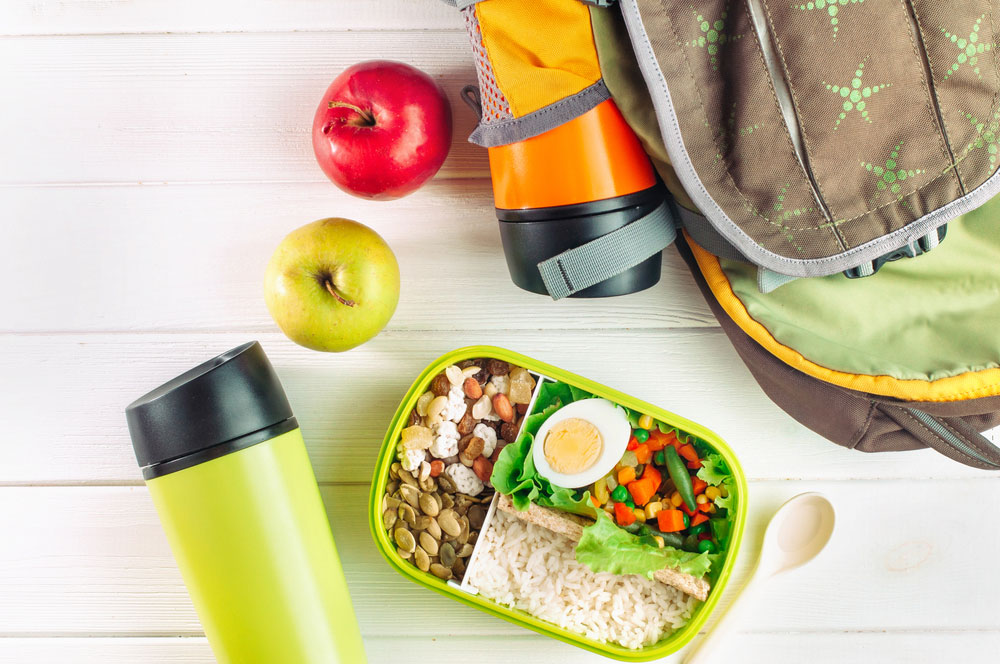
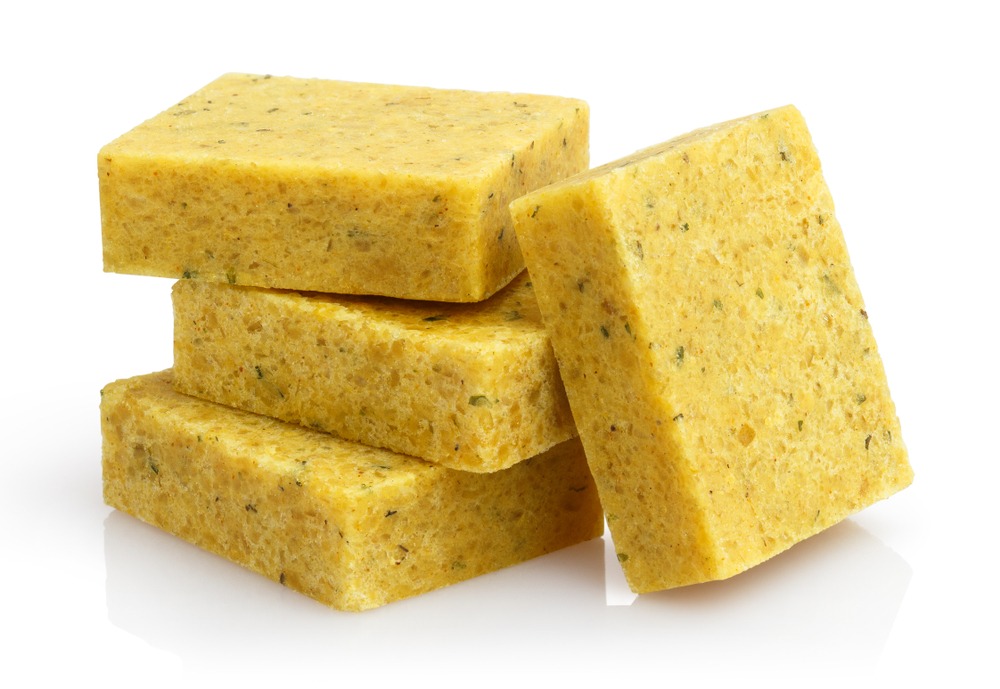

James russell | May 26, 2017
|
Our family believes in your philosophy. I am 80 years old but my wife is younger. I grew up in northern Manitoba with no power or water. We had no welfare or government assistance. We canned moose meat and wild berries, had fish from the lakes and grew a large garden. My wife is from a farm in the Philippines. We now live in the panhandle in florida. We have an organic garden of heritage vegetables, chickens, an aquaponic system with catfish and tilapia and a good well. We can a lot and have freezers full and have dried survival food. the average person today would starve if the supermarket closed, but we would survive with no problem.
It is a shame the younger generation today has no idea how to survive hard times. They would perish during or after a disaster.